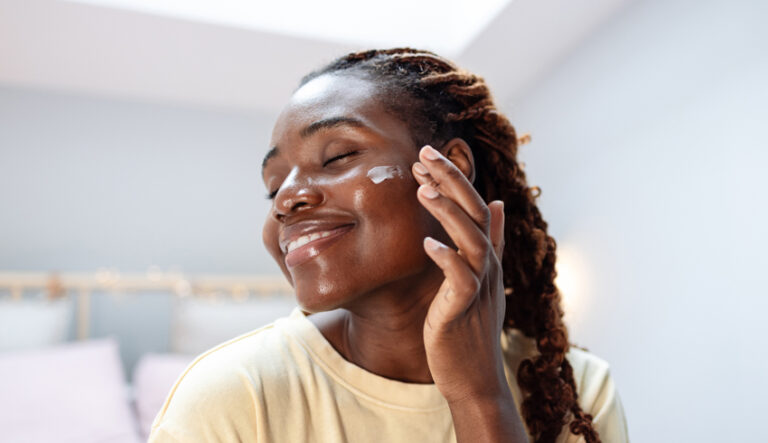Massage Can Support a Woman’s Journey from Menstruation to Menopause
Relaxation is usually the first thing that comes to mind when thinking about the benefits of massage—and it’s not wrong to make that connection between therapeutic massage and stress relief. But massage can also address everything from improved sleep to pain relief to an athlete’s muscle recovery. For women specifically, research shows massage can help with the most impactful issues they might face.
Relief from Painful Menstruation
Painful menstruation, also called dysmenorrhea, is a leading reason for missed school and work. For some women, painful menstrual cramps virtually incapacitate them once a month. But there is relief. Studies have found that:
• Connective tissue manipulation (a specialized type of bodywork on the back) was effective for menstrual pain.
• Abdominal aromatherapy massage provides relief for women with painful menstrual cramps.
Massage Can Be a Pregnancy Partner
In addition to massage easing the aches and pains of a pregnant woman’s changing body, a scientific review of interventions for pregnant women also found that:
• Aromatherapy massage can enhance a pregnant woman’s immune system function and decrease her stress.
• Massage can be helpful for prenatal depression.
Easing Labor and Delivery
Special training to offer massage during labor is available, and it appears to have significant benefits.
• Studies have found that massage can help shorten labor, reduce pain, and improve a woman’s sense of control during childbirth.
• Massage therapy is so effective in this setting that it is often included in prenatal education and recommendations for new parents.
Massage and a Woman’s Mental Health
Anxiety can be a freestanding disorder that radically impairs a person’s quality of life, or it can develop as a part of a complicated health challenge. In either case, welcomed touch in the form of massage therapy has been seen to be an effective treatment component.
• Results show massage can be effective for patients with generalized anxiety disorder.
• Massage can decrease anxiety scores in hospital settings.
• Massage with or without aromatherapy improves anxiety among patients in palliative care.
Supporting Perimenopause and Menopause
Women who experience mood swings, hot flashes, insomnia, and other symptoms associated with perimenopause (the time leading up to the complete cessation of the menstrual cycle) and menopause are often enthusiastic consumers of massage therapy, and research supports this choice.
• Studies found that massage may improve symptoms like hot flashes and night sweats, and offered benefits related to insomnia for women in this group.
• Reflexology has been shown to relieve menopausal symptoms.
• Recent research found that traditional Thai massage may increase biomarkers that signal bone formation in postmenopausal women—this is a surprising finding that may lead to more exploration of manual therapies to promote bone density.
• Massage therapy has a robust body of evidence showing benefits for people with depression, anxiety, posttraumatic stress disorder (PTSD), and other mood-related challenges.
Whether wanting to find an hour of respite on a massage table or supportive therapies to help with the impacts that come with menstruation, pregnancy, birth, or menopause, massage is a healthy option to consider.
For more information on the research that validates these benefits, or to explore the many other benefits of massage, read “Massage and Its Benefits.”





